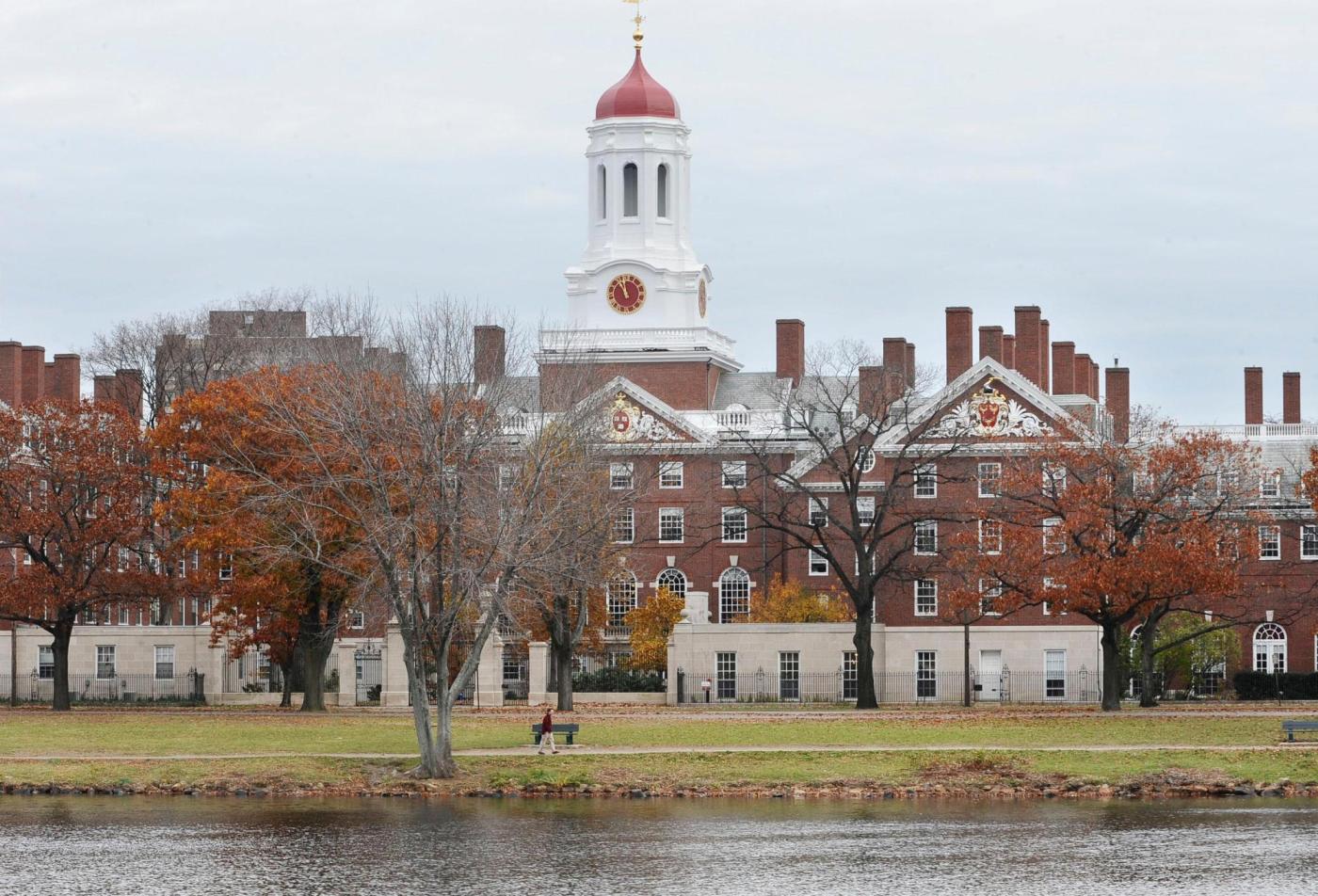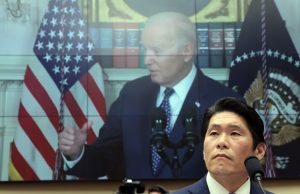
Albert, Hoveland & Gomez: Ending college legacy admissions best for students
One year ago, the United States Supreme Court ruled affirmative action unconstitutional. Supporters of the ruling hailed it for bringing a greater sense of fairness to the application process, while opponents lamented that it may revive the racial homogeneity and segregation seen for centuries in higher education.
Despite this ruling, one type of affirmative action still exists in the college application process: legacy admissions.
This preferential practice is a creature of segregation, born to keep out students from minority communities that lack the same generational higher education opportunities as their peers. Elite universities boast of being engines of social mobility, but they continue to practice legacy admissions which disproportionately benefit white and wealthy students by significant margins. With race-conscious admissions outlawed, the path towards inclusive and meritocratic higher education lies in the end of legacy admissions.
As two graduates from Harvard College, one a first-generation graduate and one a legacy graduate, we are organizing with Class Action to end legacy admissions once and for all.
We come from two vastly different perspectives. Pablo is a first-generation Hispanic-American from Virginia who faced obstacles common to those from his background — run-ins with the immigration system, few community role models in professional occupations, and unfamiliarity with extracurricular opportunities that prepare students for college. Luke is a legacy graduate born and raised in Oklahoma, whose father and sister both attended Harvard as undergraduates.
Despite their different backgrounds, they are both resolute that ending legacy admissions will allow for more socioeconomically diverse college classes, providing a great benefit for both the students and society at large. Considering his first-generation background, Pablo is acutely aware that if legacy admissions remain in place, his future children will receive a notable “bump” in their admissions chances at Harvard should they choose to apply. They would be the first in his family to benefit from this historical practice. But they won’t need it. They will already have built-in advantages in other ways due to the fact that their father went to an Ivy League institution.
Luke is an example of how those advantages manifest themselves. Like so many legacy students, his parents’ incredible educations and subsequent careers enabled him to have an enriching and empowering childhood. The alumni community at Harvard was a constant presence in his upbringing. He has deep pride for his alma mater and will cherish his home there for the rest of his life. It’s exactly why he speaks now so it can flourish as a better school and stronger community.
According to Opportunity Insights, “Even absent legacy (admissions), children of alumni would be admitted at slightly higher rates than non-legacy students because of their favorable observable characteristics.” This is because children of those who attended Ivy-Plus universities have a plethora of other advantages, not including the extra “boost” that preferential admissions give them.
Legacy students like Luke attend private K-12 schools at higher numbers. They receive top notch test prep and superb college guidance counseling. They have the resources to pursue good grades, sufficient test scores, competitive resumes, and critical information about how to distinguish ourselves in the college application process, opportunities not available to the majority of high school students. They did not need the extra “bump” from legacy admissions.
Let’s be clear: legacy admissions make our universities whiter and wealthier. Now, in a college landscape sans race-conscious admissions, these institutions that channel future leaders into halls of power threaten to become even more insulated and more homogeneous. We believe the path forward for our future children is a landscape of higher education that does not reward us for checking a box about where our family went to school. Harvard taught us to seek truth, Veritas, and to leave the world a better place than we found it. The truth is: legacy admissions make these incredible schools we call home, lesser educational communities, and morally compromised by depriving the opportunity of a lifetime to disadvantaged students.
A myriad of universities across the country have already taken steps to end legacy admissions. In 2014, Johns Hopkins University President Ronald J. Daniels tested a policy that did not give preference to legacy applicants, which became permanent in 2019. In 2009, the incoming freshman class at JHU had more students with legacy status than it had students who qualified for Pell grants. According to Johns Hopkins Magazine, as of 2020, “Those trends are reversed, with nearly one-fifth of students admitted to Johns Hopkins qualifying for Pell grants and just 3.5% having a legacy connection to the university.”
As we see at other universities across the country, a world without legacy admissions can exist; the question, therefore, is not if universities should end these policies, but when. And which universities will join the movement and lead the charge?
Luke Albert is a graduate of the Harvard College Class of 2022 and currently works as a Health Care Policy Specialist in Washington D.C.
Elizabeth “Liz” Hoveland is a graduate of the Harvard College Class of 2022 and currently working towards her Masters of Library Science in the Boston area.
Pablo E. Gómez is a graduate of the Harvard College Class of 2022 and will be attending the University of Virginia School of Law this fall.

